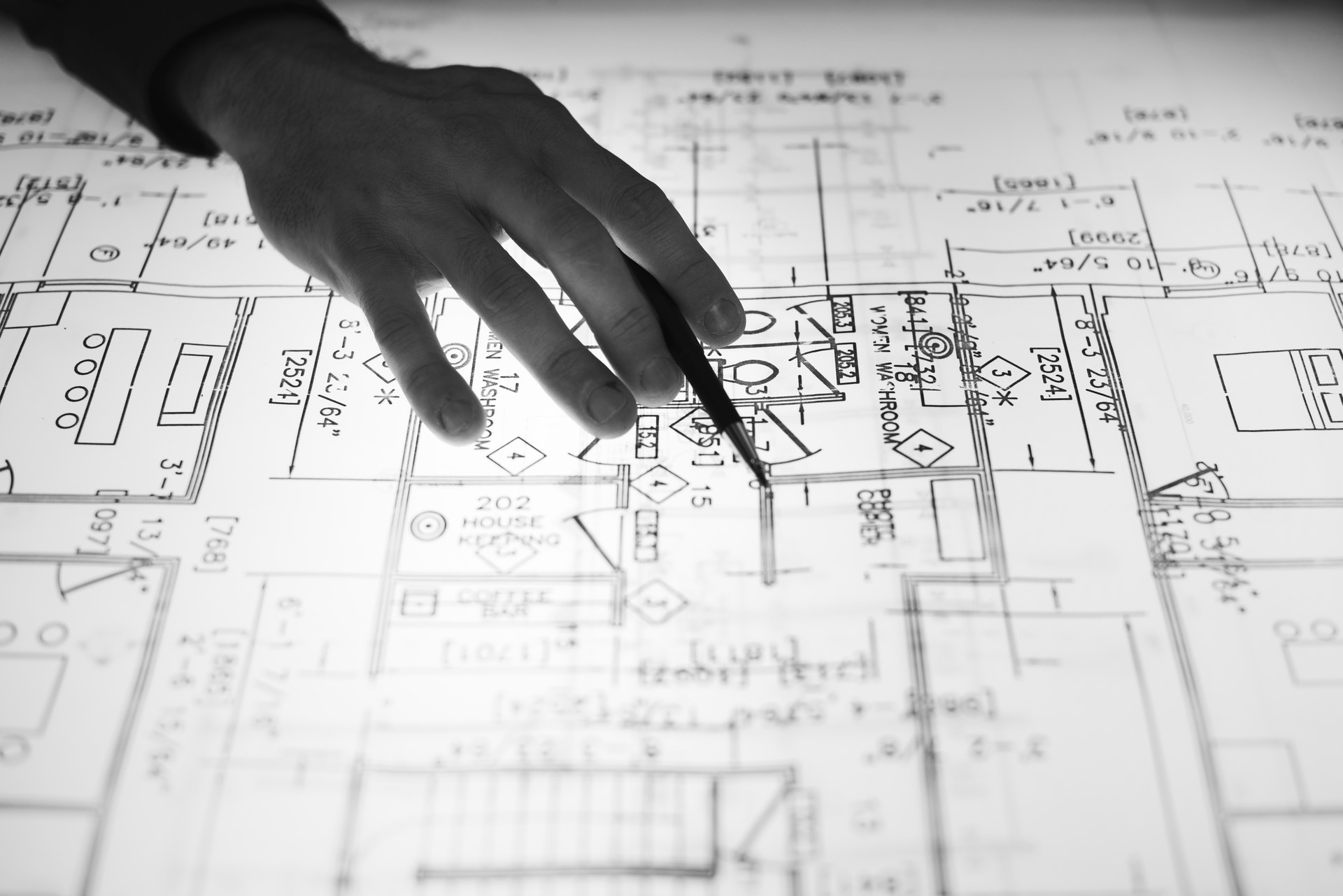Are you contemplating using construction business management software? You should. The inexpensive construction management system should be preferred any day in case you are working on just one or other non-construction projects.
Construction companies have specific requirements pertaining to the industry. Project management solutions can take care of them. They mimic construction management features, with the project management features such as task management, activity feed, reporting, and boards.
This article will touch base with the main features, top features for the crossover scenario, the role of project managers and construction managers concerning software functionalities.
Project Management Features for Construction Companies:
The key features that direct your construction project on a successful journey are listed below. These include commercial, residential and industrial construction.
Estimating:
An estimating tool helps to operate a project within a set budget. The software helps in making bids at a higher price and takes them through integrated scheduling and benchmarking. An estimating tool should work well with enterprise resource planning (ERP) system to aid in delivering accurate estimates from the capabilities of the company and the timeline.
Project Information:
Construction projects are complicated, operate for long periods and involve many stakeholders. Data drawings and models stack up over some time. These should be brought to optimum use during the project implementation. Project information modeling helps with a built-in reporting and analytics tool.
Accounting/Cost Management:
Basic benchmarking and budgeting function is available in most of the PM solutions. However, a powerful cost management tool includes estimating and forecasting to provide a complete overview of the project financials. Cost management is vital to managing to account in-house. Excel spreadsheets are a no-no. Henceforth, a project management solution should have an accounting feature to track invoicing, billing, payroll, and budget.
Project Collaboration and Communication:
The right construction project management application helps in collaborating with the internal as well as the external stakeholders. Improve efficacy by working with owners, designers, subcontractors and other entities. Get the project into a single pane of glass with it.
Reporting and Dash-boarding:
Reporting tools provide data and insight into profits and more. It makes the user take parameters such as industry, partner, contract diversification, resource allocation, executive level trend data and more into account.
Content management:
The user can manage the project information into a single pane of glass by holding all the details in a single platform. Gathering project documents, contracts, and drawings are accessible in a single place. But one needs to collect images and safety data, RFIs, COs and share them with the parties involved.
Scheduling and Planning:
Scheduling is a method to ensure the project moves ahead on the planned timeline. It should enable you to assign the external entities that the project is running on time. The construction scheduling software online should also be flexible enough to make way for changes and modifications in the project schedules and milestones. It offers visibility into the schedule to prevent confusion and misunderstanding.
Integration:
If it can integrate with other software systems, then there is nothing better than this. The software helps in reallocating resources and get back office efficiencies. You can get all the internal and external data together to improve communication. This helps in learning about the project progress financially and schedule-wise.
Productivity and Time Tracking:
Regular and accurate field data helps in understanding profitability. A PM software does just that. It enables structuring the project and book in a manner to collect and measure the granular data. Time and resources do not provide helpful data.
Summing up:
Construction industry requires a solution that can be used for reporting, project planning, monitoring and the ability to meet the requirements of complicated construction projects. It helps in successful completion.
Read Also:






















